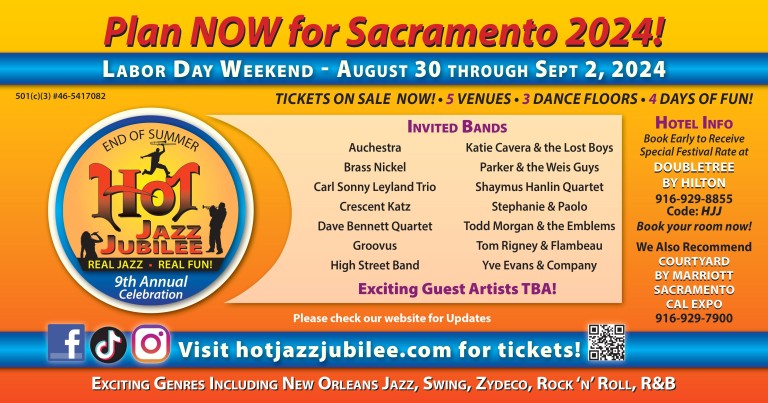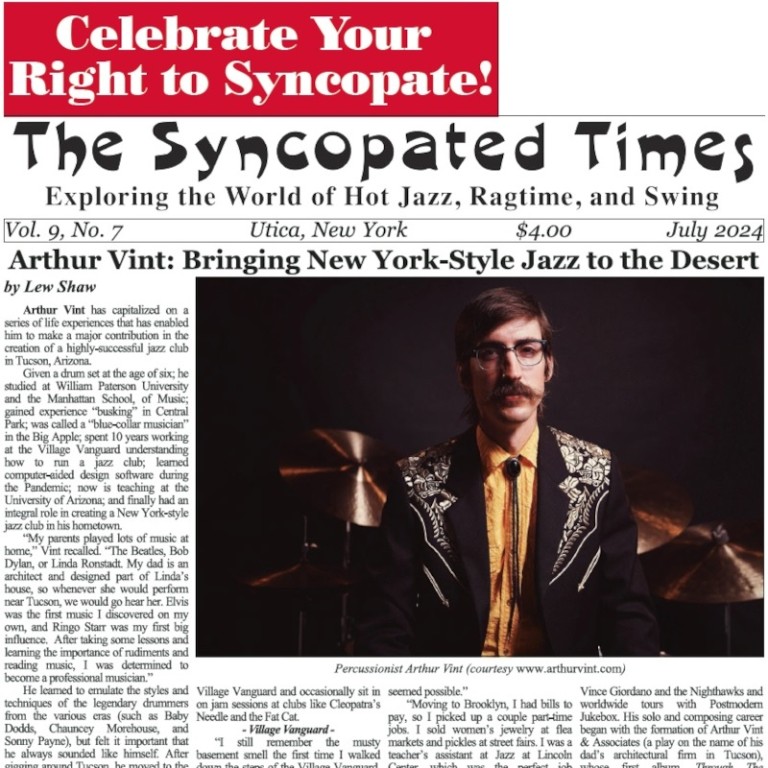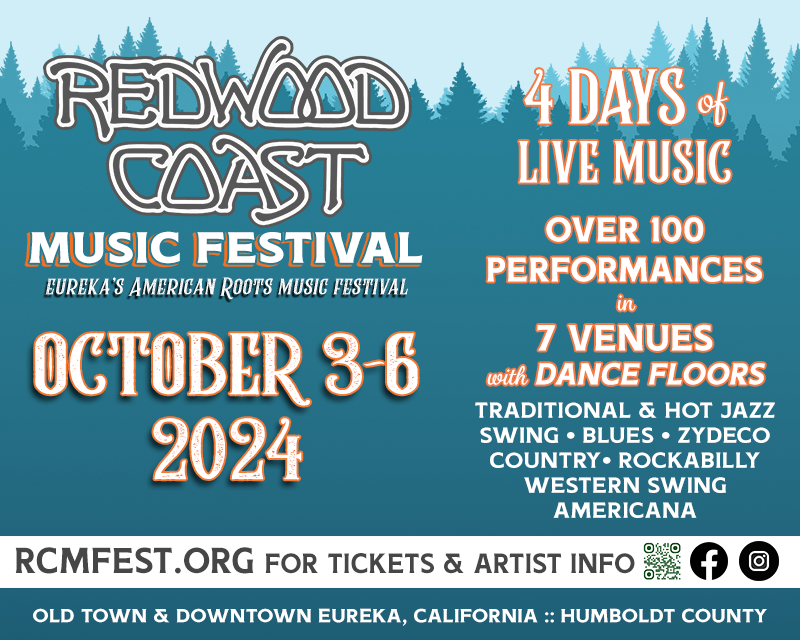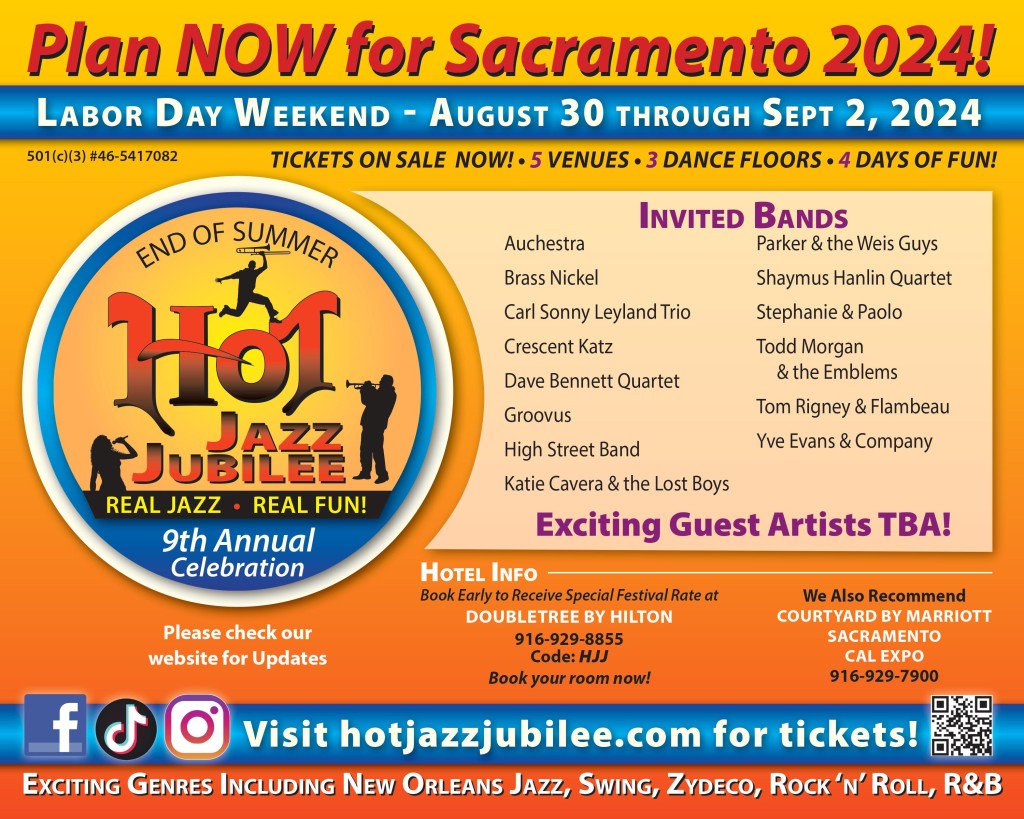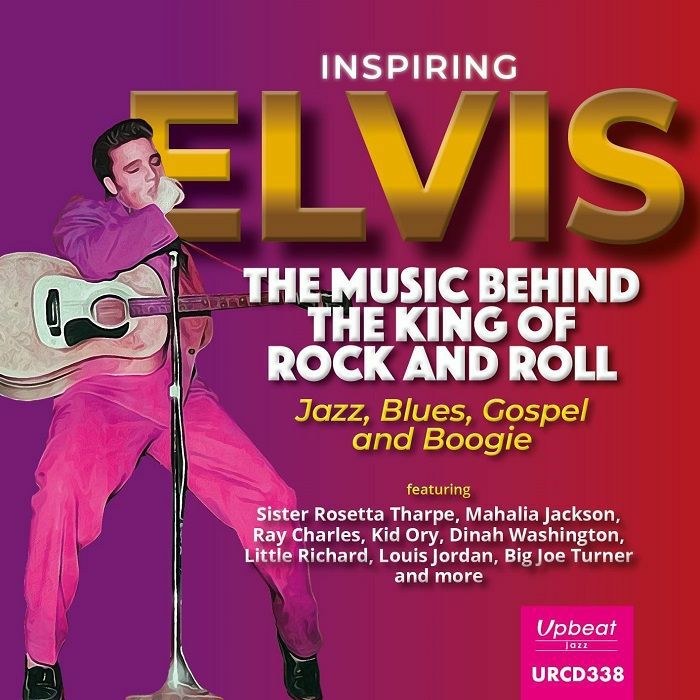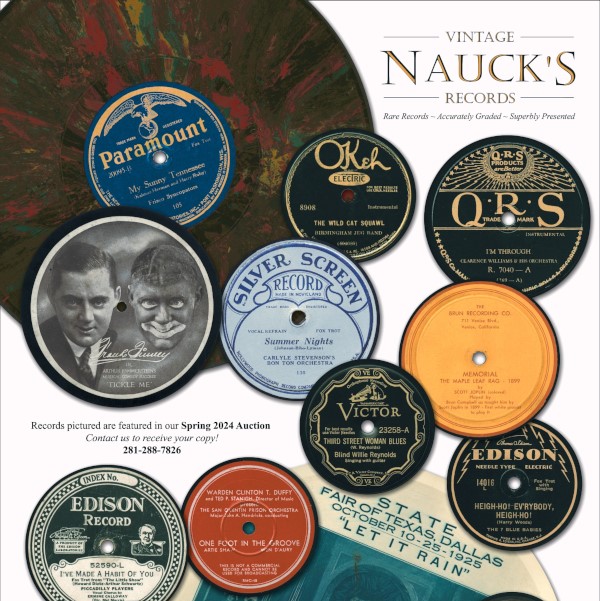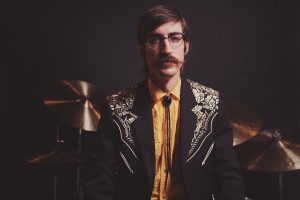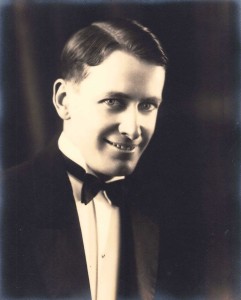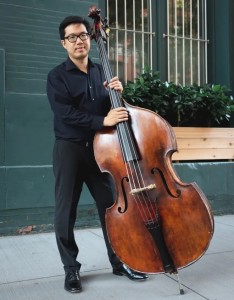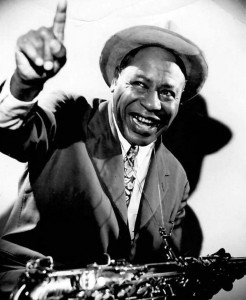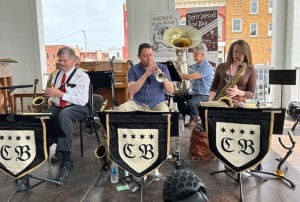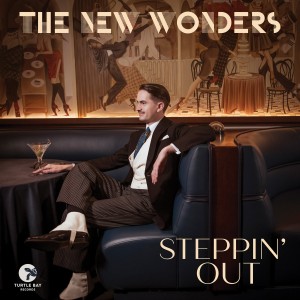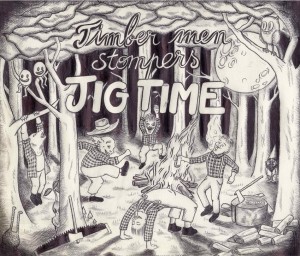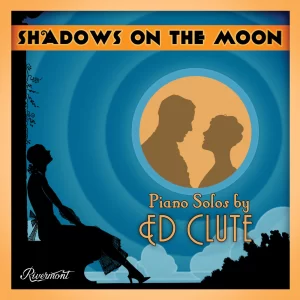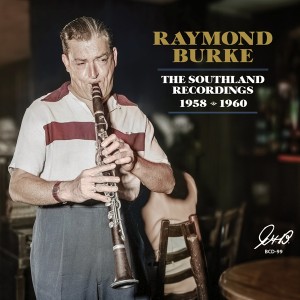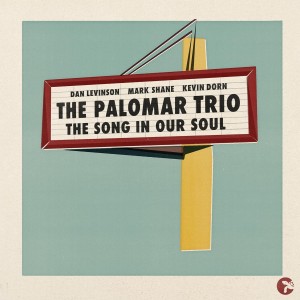Olivier Lancelot, an exceptional French pianist and a master of the “stride” piano style, died unexpectedly in a motor scooter accident in Paris on January 20, while en route to a gig. He had celebrated his 56th birthday two days earlier.
Olivier’s career began in the 1980s. Inspired by such masters of the piano as Fats Waller, Teddy Wilson, Art Tatum, James P. Johnson, Willie “The Lion” Smith, and Donald Lambert—as well as the deified French pianist François Rilhac, a friend and contemporary of Olivier’s who lived only 32 years—Olivier went on to become one of France’s most sought-after musicians and a prominent figure in the world of stride piano.
Olivier and I were friends for over 27 years. I met him in December 1990 while I was living in Paris. I was playing a two-week engagement at Le Bilboquet in the Latin Quarter with the Riverboat Shufflers, a band led by American cornetist and Bix Beiderbecke devotee Dick Miller that featured vocalist Madeleine Peyroux, then 16 years old. Olivier was performing a few blocks away at Le Montana with a band led by guitarist Bob Garcia. I went to hear the band and was immediately impressed by Olivier’s facility at the piano. I introduced myself to him and we bonded instantly through our mutual interest in early jazz and swing. During those two weeks, he would sit in with our band and I’d sit in with his.
Olivier h
You've read three articles this month! That makes you one of a rare breed, the true jazz fan!
The Syncopated Times is a monthly publication covering traditional jazz, ragtime and swing. We have the best historic content anywhere, and are the only American publication covering artists and bands currently playing Hot Jazz, Vintage Swing, or Ragtime. Our writers are legends themselves, paid to bring you the best coverage possible. Advertising will never be enough to keep these stories coming, we need your SUBSCRIPTION. Get unlimited access for $30 a year or $50 for two.
Not ready to pay for jazz yet? Register a Free Account for two weeks of unlimited access without nags or pop ups.
Already Registered? Log In
If you shouldn't be seeing this because you already logged in try refreshing the page.

